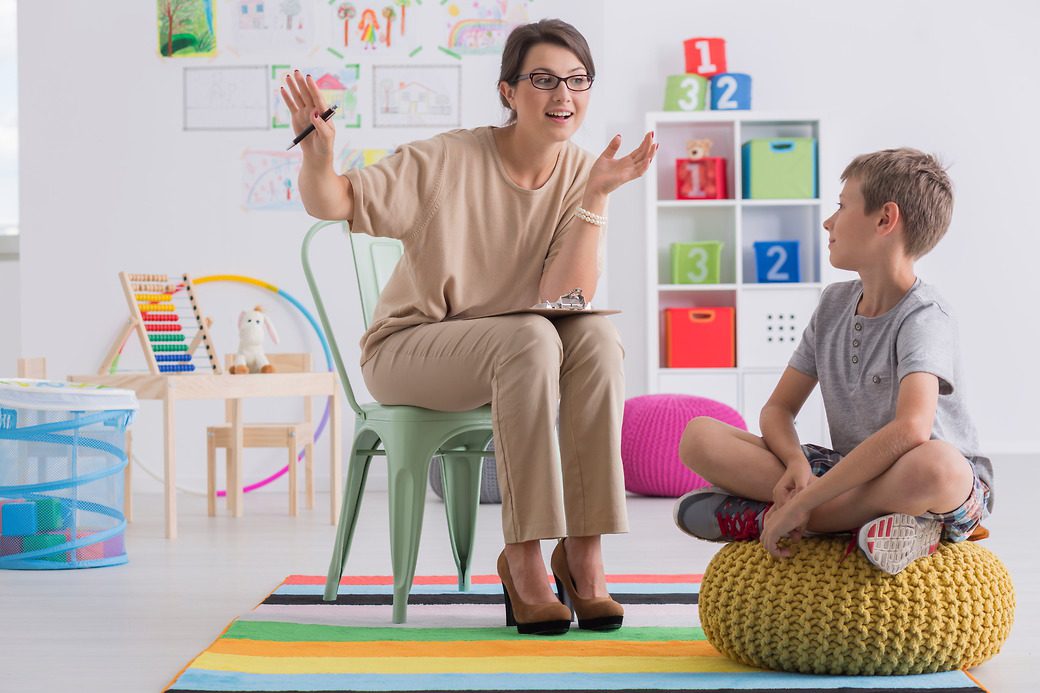
Sarah Cormell knew a social work master’s degree could move her career forward, but she couldn’t put the rest of her life on hold.
“I couldn’t relocate, I couldn’t afford to quit my job, and I had a family,” she recalls.
Then she discovered the University of Wisconsin-Madison’s Part-Time Master of Social Work (MSW) Program. Like a skilled social worker, it helps people turn obstacles into opportunities. For Cormell, this means focusing on what’s achievable, not what’s standing in the way.
Cormell knows that when she graduates, she’ll be in a prime position for leadership roles, higher salaries, and opportunities to change the world for the better. With an advanced degree from a leader in social work education, she and her classmates can land jobs in a variety of fields, including child welfare, mental health, medical social work, policy development, and administration.
“This program has really made my life goals possible,” she says.
Convenient and commuter friendly
With Saturday-morning classes in Madison and Eau Claire, the part-time program draws students from throughout Wisconsin and parts of Illinois and Minnesota. Taught by nationally renowned faculty from UW-Madison’s School of Social Work, each course ranges from eight to 15 weeks and examines emerging and evidence-based approaches to social work practice. Students develop a specialty with coursework in their choice of four areas—health, mental health, aging, or child, youth, and family welfare—and some complete their degrees in as little as two years.
Students apply their new knowledge to community-based fieldwork supervised by seasoned social workers. This hands-on experience helps them develop advanced skills and solve real-world problems with input from teachers and classmates.
Some students drive several hours to get to classes, which start at 9am to accommodate commuters. The trek is worth it, and not just because the instructors are so accomplished. Fellow students provide camaraderie, community, and valuable perspectives.
According to Audrey Conn, clinical assistant professor and interim field director, the student body’s geographical diversity amplifies the learning.
“Our students are from all different parts of the state. They’re bringing in regional issues that students in other parts of the state aren’t aware of, which leads to enriching discussions,” she says.
The power of relationships
Part-time MSW students learn as a cohort, supporting each other as they address challenges that arise in the field. For many, this leads to lasting personal and professional relationships. Plus, by learning in a supportive environment, they enhance their capacity to support the people they serve.
Recent graduate Matthew Steigerwald says the professionals he met in the program have helped his career in numerous ways.
“I got to meet people who knew their field really well and turned into great contacts. Now I have a job I really, truly enjoy,” he says.
For more information about the Part-Time MSW Program, including scholarships and financial aid, go here.